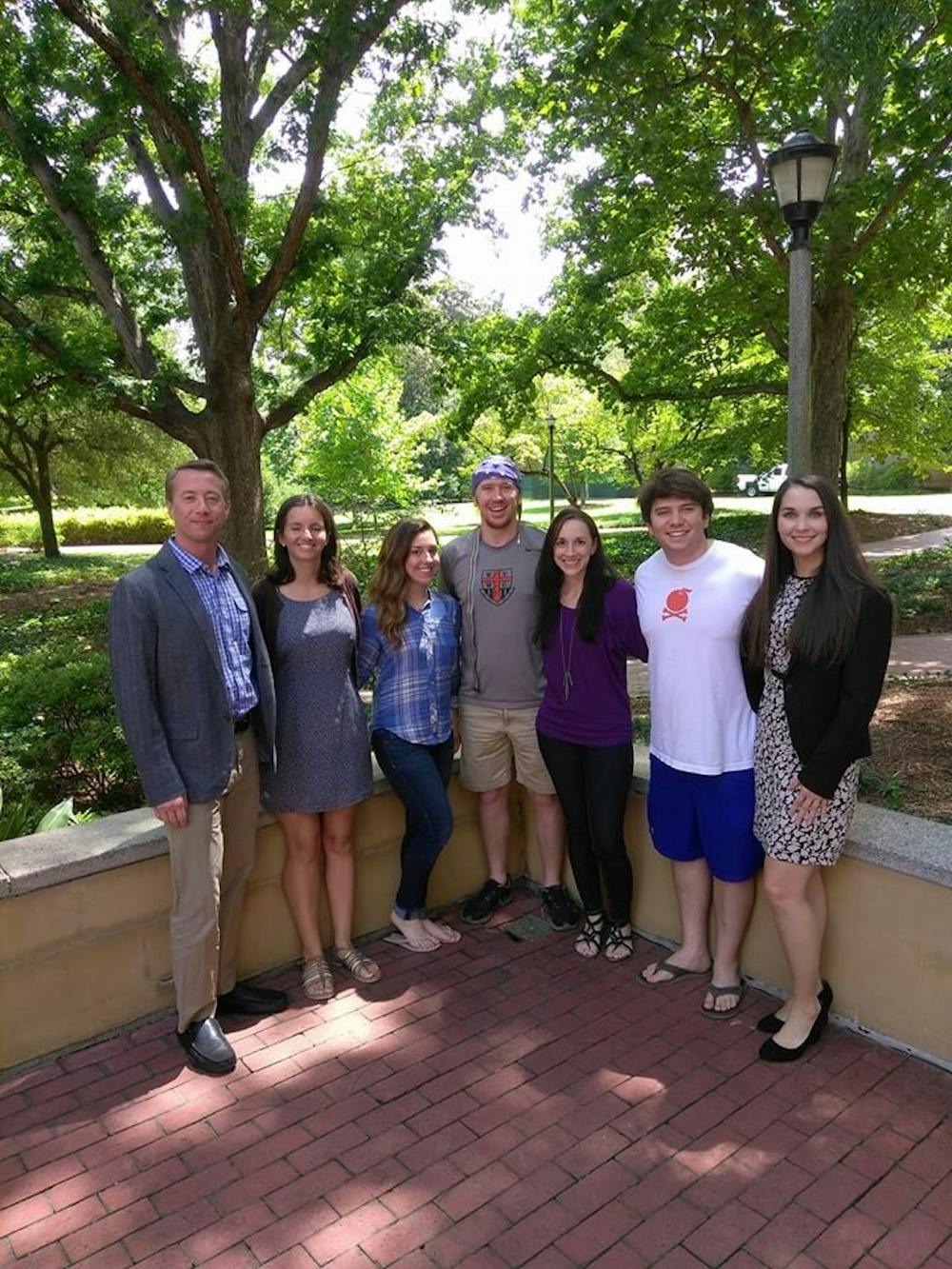In South Carolina, there is no uniform way for schools to determine which students are afflicted with dyslexia.
Dyslexia is a language-based learning disability where children and adults can have extreme difficulty reading and learning how to read. It affects about 5 percent of the global population or roughly 350 million people worldwide.
The vast disparities in dyslexia identification and intervention among school districts in South Carolina have led to many children going either undiagnosed, or being diagnosed, but not receiving the proper help that they need. Often, schools turn a blind eye to these students, since special education is costly and these students receive feedback that they are “stupid” or have “behavioral problems,” says Dr. Scott Decker, a school psychologist and professor at USC. This can lead not only to adverse learning results, but to mental health problems as well.
“If we just identify these kids when they’re young, put the support in place so that they don’t develop these [negative] outcomes, put the right interventions into place so they learn to read ... to a threshold where they can adapt to the normal reading demands of society, you’re helping this huge group of kids become productive citizens,” Decker said.
Decker originally became interested in learning disabilities after he himself had trouble learning in early grades before ultimately winding up in gifted classes. He was recently awarded a $738,000 grant from the South Carolina Department of Education to determine what each school district in the state is doing to help students with dyslexia and to describe associations of different models with educational outcomes. His research team will also be looking at how a 2007 federal law for distinguishing children with learning disabilities has affected the percentage of children that are diagnosed with dyslexia.
The purpose of Decker’s research is multifaceted. Decker hopes that his research will help to influence policy on a state level by answering questions such as what practices lead to the most children being correctly identified as dyslexic and how to begin helping those students.
On a more fundamental level, Decker is using electroencephalograms (EEGs) to visualize the interconnected networks within the brains of children with learning disabilities. With this research, his goal is to find common patterns of brain activity within these children and, by singling out these commonalities, it may be easier to correctly diagnose learning disorders earlier in a child’s life.
“Each person has a capacity to learn that’s different from another person. Each person has strengths and weaknesses in their learning profile so I was always kind of interested in why ... some people learn things really fast but struggle with other things,” Decker said.
Decker believes that one of the biggest impacts of his research is helping the students that work in his lab. He has had several Magellan Scholars and students from numerous fields including biomedical engineering and computer science. He strongly encourages that students interested in undergraduate research reach out to him or any other professor on campus to get involved.

